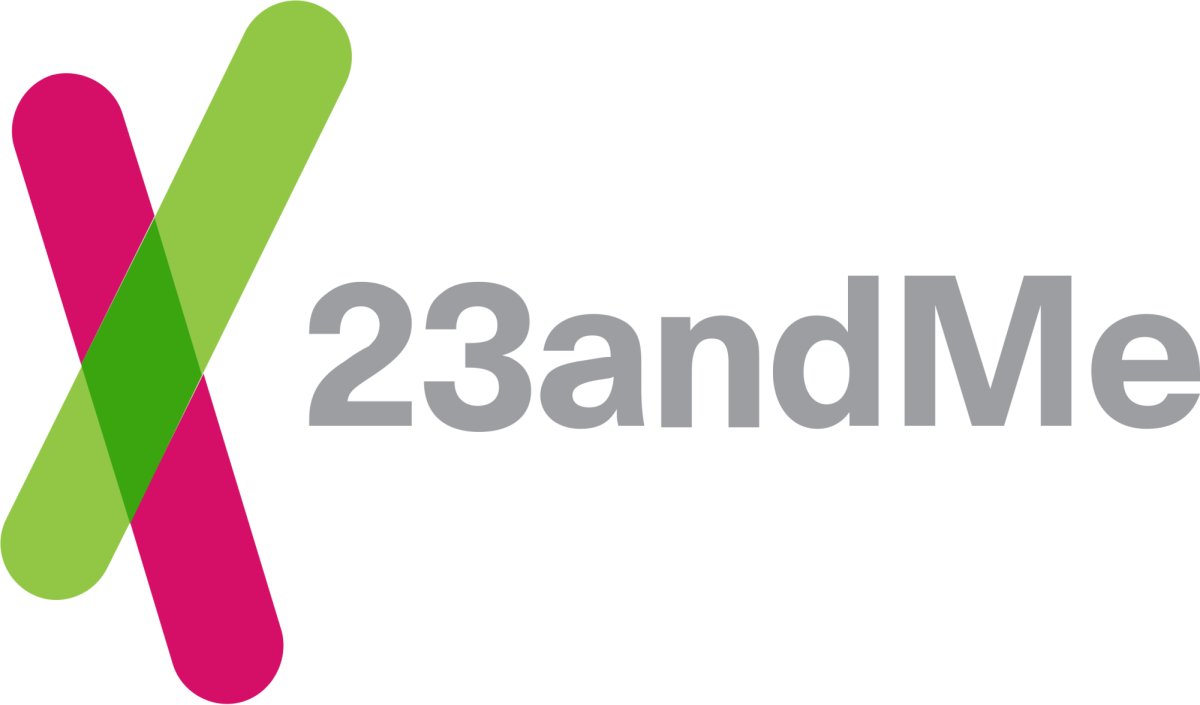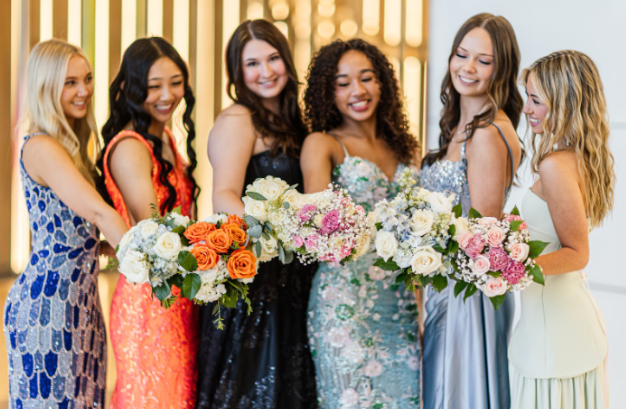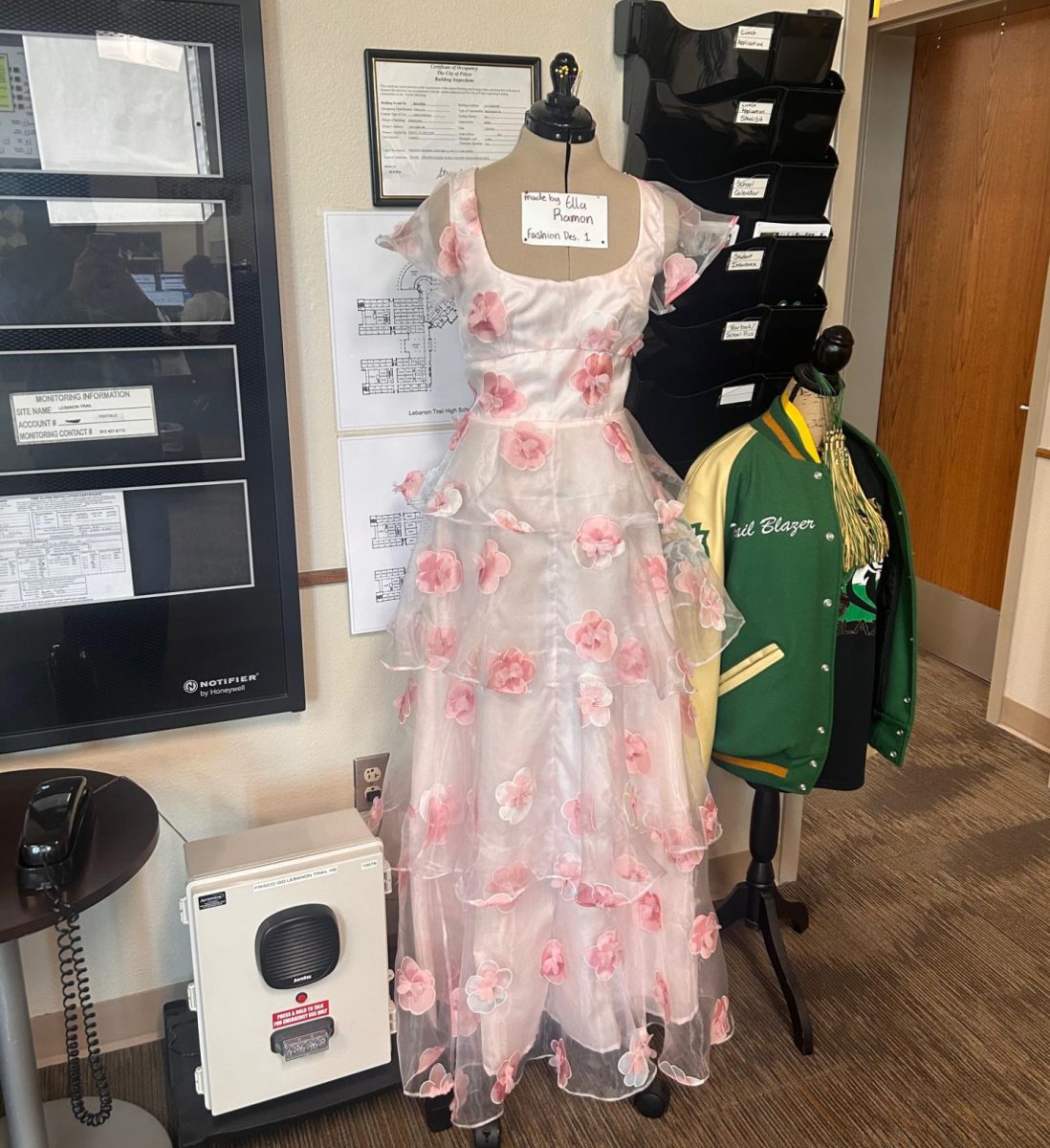The turn of the century brought forth a kaleidoscope of changes, chief amongst them the many technological developments that largely influences the way society currently functions. For instance, social media has become a global platform for discourse and digital co-existence; views, opinions, facts, and personal preferences are constantly exchanged through virtual mediums, establishing an increasingly expanding web of international connectivity. The rise of cyberspace gave way to the emergence of new business processes and interactions amongst and within industries. Namely, one of the many industries that faced evolution due to digitalization was the publishing industry. One of the ways—and the main topic of discussion in this article—in which the internet has influenced the publishing industry was with the rise of Booktok, a virtual conglomeration of readers and authors alike that has drastically increased the interactions between writers and consumers, hence directly impacting the diffusion of information and influencing the marketing of books. Readers can now hop on TikTok and search for book reviews, place stipulations so that the algorithm gives them videos with personally appealing book recommendations, or simply follow pages with certain genres, tropes, and cliches. This digitalization has greatly simplified the process of finding authors, sub-genres, and storylines for readers, and, on broad inspection, has become a handy tool for book enthusiasts to use. Furthermore, it created a worldwide community of overlapping literary fandoms where people can come together and interact, building a positive environment for fans to coexist with other people who have similar passions and tastes.
Nevertheless, just like with any tool or equipment, there are downsides to the overuse of virtual platforms such as Booktok. For example, when an author is looking to be signed with a publishing house, that house will first evaluate the work’s worth and compare it to the current market, making decisions based on its marketability and propensity to generate revenue. Additionally, due to social media’s tendency to create trends, Booktok easily gives way to the development of popular tropes, highly desired plot lines, and certain character archetypes. This all happens because of the malleability of the platform, and how easily swayed the algorithm can be towards hot and trending topics. Consequently, when a publishing house inspects the market and analyzes what the majority of the public is consuming, they see these trends and immediately shoot down most of the projects that seem to oppose, contradict, or even minorly differ from that of popular consumption. This seemingly iron-clad power that Booktok holds over the marketing of books, and new authors’ access to traditional publication, led to flash fashion in literacy. Flash fashion encompasses all of the plots, characters, tropes, and aesthetics that are deemed “highly desirable” by current consumers, and the tendency of new books to be influenced by these.
Flash fashion has proven to be detrimental for several reasons: it limits accessibility for incoming authors, demands clout/popularity from existing ones, and occasionally encourages the growth of damaging content. Firstly, by establishing patterns within the current “successful” inventory of books available for immediate acquisition, authors often find themselves boxed in, limiting their creative freedom and alienating them from the common crowd. Because of the high profitability of flash fashion books, publishing companies tend to stick with authors that follow these patterns, hence fencing off others who bring diverse and unique ideas to the table.
Additionally, due to the immense influence of social media as a means of marketing for books, agencies and publishing houses indirectly require authors, even published ones, to have a favorable and active online following of existent and future readers, and whilst this is understandable—as it can ensure further diffusion of information—it also places an unnecessary burden on the authors’ shoulders. The intricacies of having to juggle being an author and a content creator have been highlighted by several well-known authors, such as Victoria Aveyard (author of “Red Queen” and “Realm Breaker”), across different social platforms, commenting about the incredulity, yet necessary evil, of it all.
Lastly, the powerful hold that social media has on the development of new fan-favorite tropes and plot lines has led to an increase in preference for certain genres, such as dark romance, among the main public. Now, I firmly believe that anyone can read whatever they want, and people shouldn’t be judged for it. However, when the “fashion” at the moment is to romanticize physical, mental, and emotional abuse, toxicity, inbalance of power, and sometimes downright illegal relationships, something needs to be said about it. First of all, some young people rely on Booktok to figure out what to read next, considering it is not an “adult-only” space. Sure, there are reading levels and age rankings alongside most reviews, but if you think about it, there is no system that keeps people from buying whatever books they want. Young people, varying from the ages of 13 to 18, will see the videos book influencers post about their new favorite book boyfriend, who just so happens to be a stalker. In their minds, they will think: “Well, if they like it, maybe I can like it too?” and if authors write it in a way that seemingly forgives the character for every atrocious deed they did, then what stops young readers from forgiving someone like them in real life too? I mean, aren’t stories rooted in some sort of truth, anyway?
Consequently, because these types of things become mainstream, it sets a trend within the publishing company, meaning that publishing houses and literary agents look for writers who will continue the abusive and toxic narrative. For example, a couple of years ago, one of the most popular “Booktok books” was “It Ends With Us” by Colleen Hoover; this book touched on a lot of dark themes such as abuse, toxic relationships, and breaking the abusive cycle. However, I recently saw a post where people were defending the abusive guy because “he had trauma” and “had been hurt.” This all stems from the fact that the author herself and her publishing house have advertised this book as a romance, hence blurring the line between a civil interpretation of breaking the abusive wheel and the toxic and problematic romance of the story. Another example of the horrendous effects of Flash Fashion is the popularity of the book “Haunting Adeline” by H. D. Carlton, this is the opener to a dark romance duology that follows the budding romance between an author and her stalker. Yes, you read that right. Zade Meadows, the wrongly glorified love interest, is the founder of “Z,” a large undercover team that pursues and captures pedophiles and perverts. This would seem like a noble endeavor, however, he also happens to be the one who utilizes his access to home security to spy on the main character, Adeline, and follow her around the city just to appease his twisted and sick attraction to her. There are scenes here that romanticize the lack of consent in intimate relationships, which is something that should not be linked in any way to a romantic context. However, this duology has quickly become highly popular, and many readers often find themselves drooling and fantasizing over Zade Meadows, who is nothing more than a stalker. Books like this come to popularity because trends, fame, and the power of the algorithm propel it to a wide range of coverage throughout Booktok, meaning that many people find themselves daydreaming about a man who, based on laws and basic human decency, deserves to be in jail. This is exactly why romanticizing negative interactions and false advertising can be so hurtful, it makes people believe that the wrong ideas—which the publishing companies wrap up in pretty romantic packages to sell better—are a good thing, when in reality they are what you should be warned away from.
Nevertheless, a lot of people usually try to defend this genre by stating that it’s just fiction and that dark themes are supposed to be prevalent within the story, considering the romantic aspect is rooted in morally ambiguous origins. However, there is a difference between establishing a story within a gloomy and gothic setting that deals with troubling topics and explicitly explores why these things are bad—all whilst developing a romance between two troubled people who are usually not morally outstanding and have a complicated life—compared to outright writing a story that revolves around obscene, offensive, abusive, and basically illegal relationships in which all of the above are worshiped and sought after. The misemployment of these complicated topics in fiction has detrimental effects, plus they undermine real experiences victims have dealt with, making a mockery out of their traumas. So, no, it’s not only fiction, it’s a propagation of horrible behaviors and a redeemable take on atrocities that have no redeemability.
Hence, even though TikTok and other social media platforms have proven to be quite a useful tool for readers, authors, and the publishing industry as a whole, it does have its downside. Just like everything, Booktok is not perfect, but it is up to the users and members of the online community to decide what is worthy of being on the platform, and what is not. It really just boils down to two things: whether we think the content in the books we consume would have a positive impact on the reader instead of a negative one, and whether the trends that surge are beneficial for the authors to creatively expand or not.
(IMPORTANT DISCLAIMER: It Ends With Us by Colleen Hoover is NOT a Dark Romance, but it IS often advertised as a romance, even though it’s obviously not).









![McNamee, WM. (2014) "White House Press Briefing" [Photo]. Getty Images](https://lthsvanguard.com/wp-content/uploads/2025/03/170110-white-house-podium-getty-1160-1200x651.jpg)





